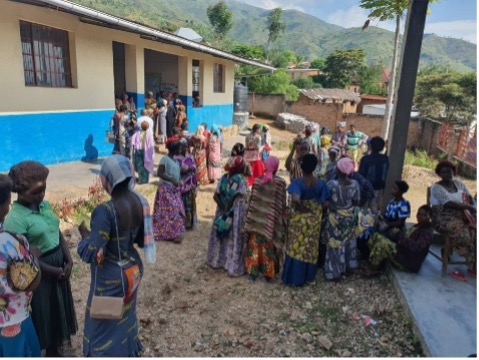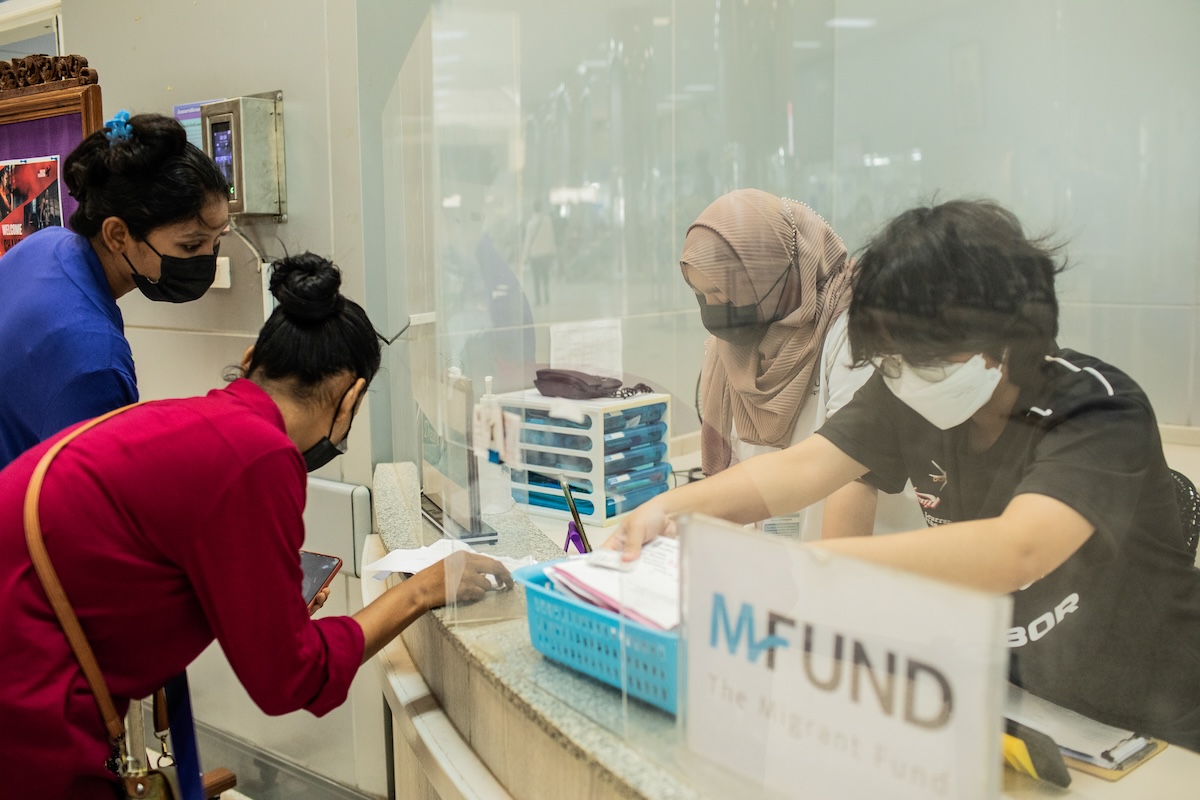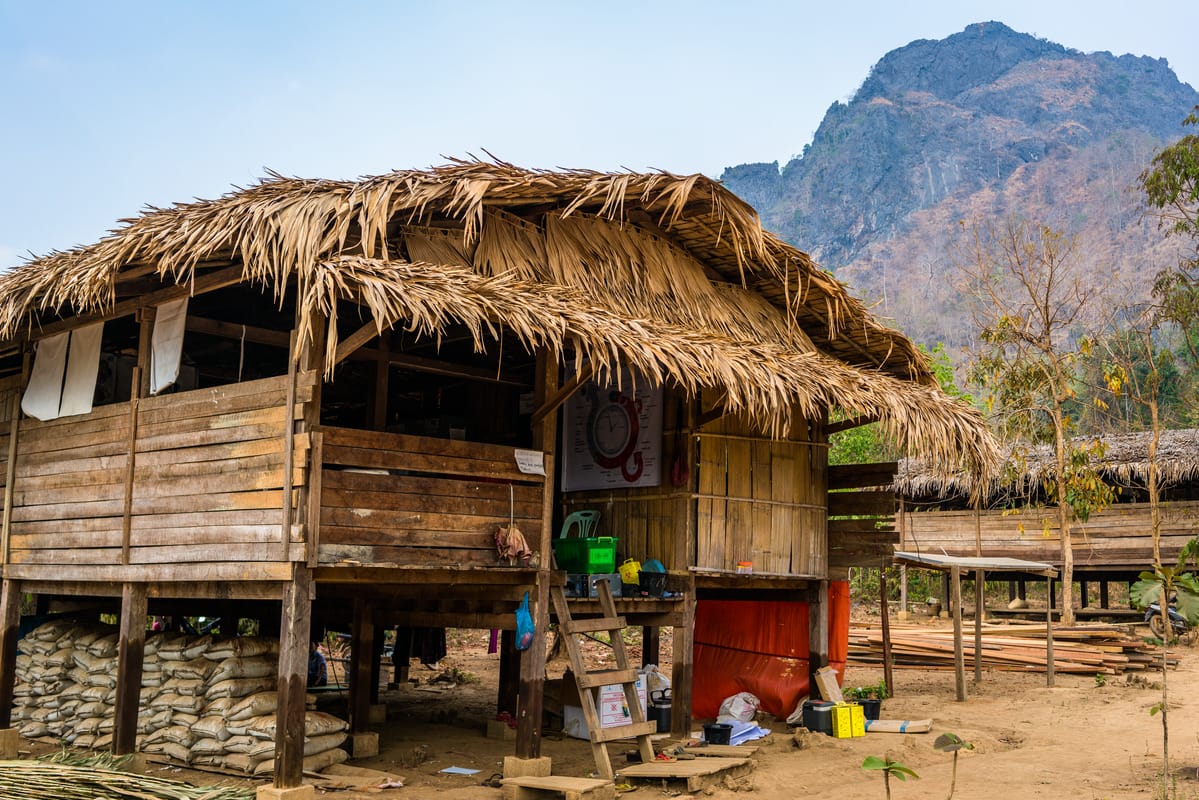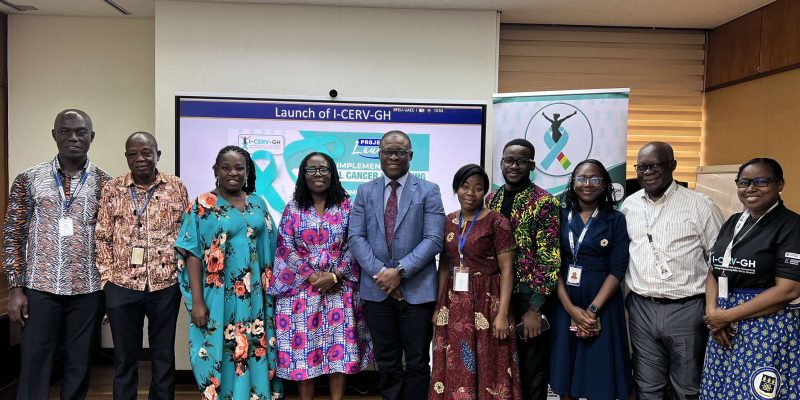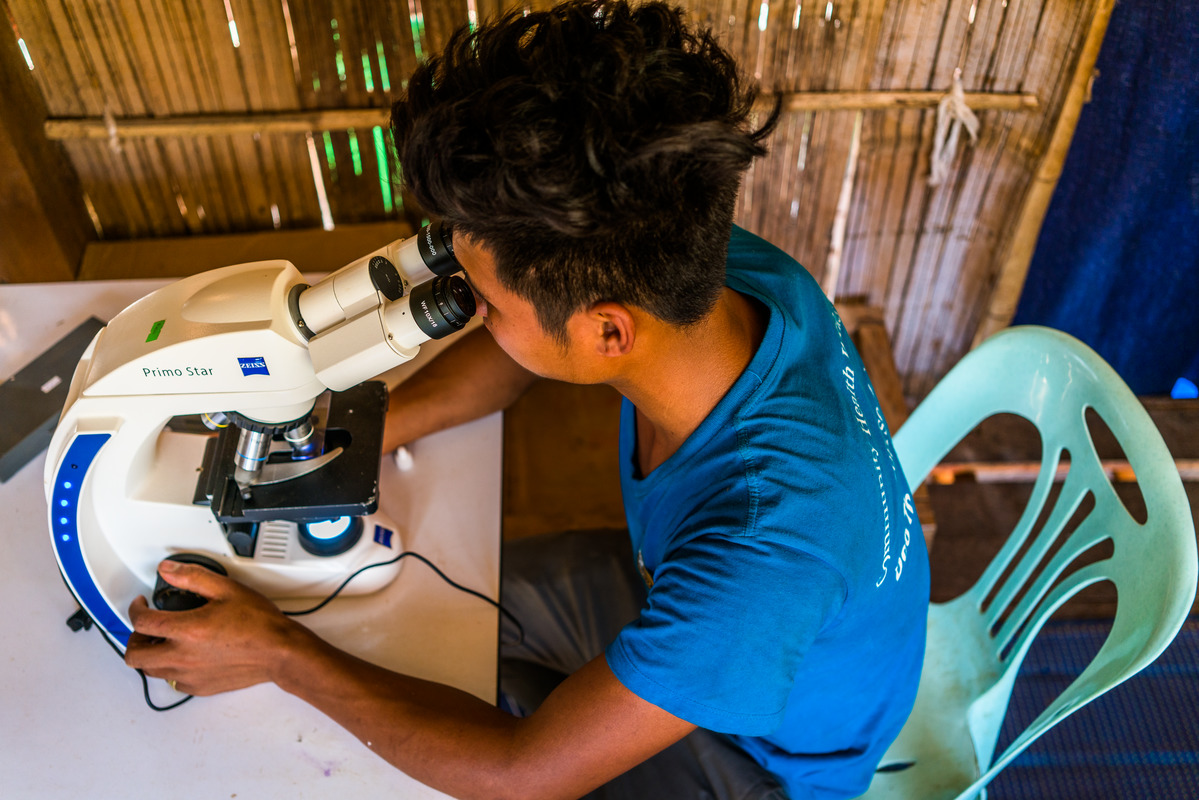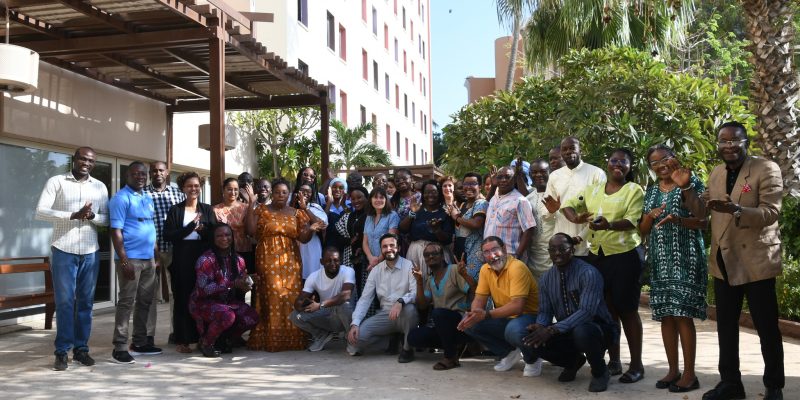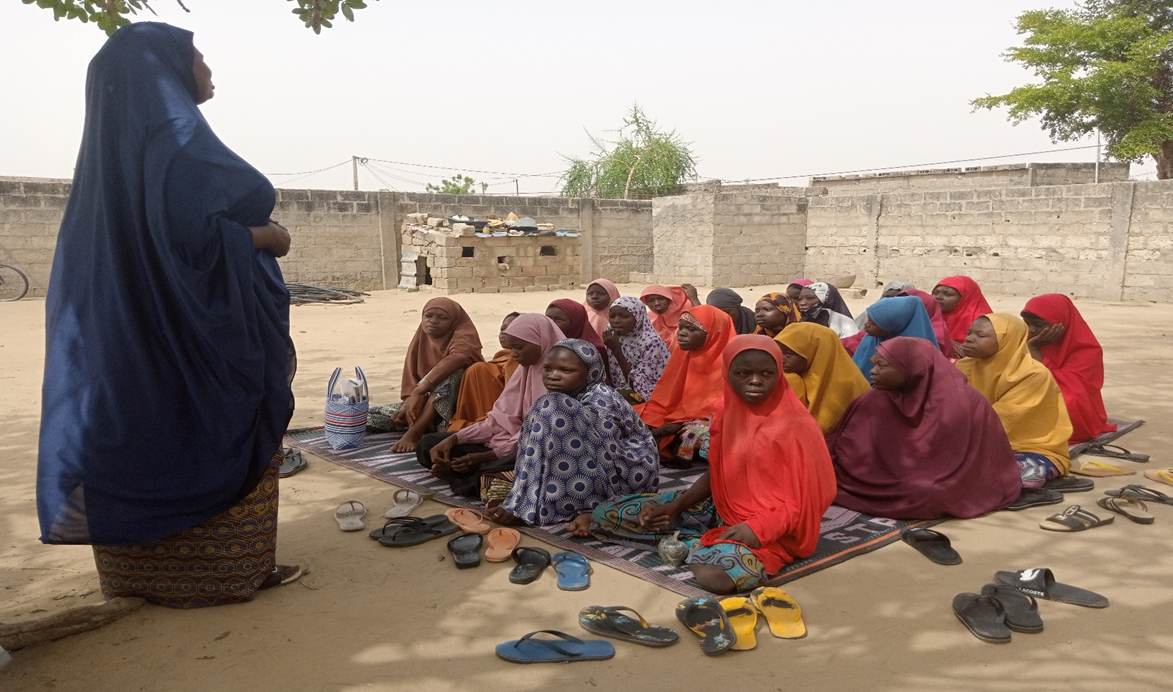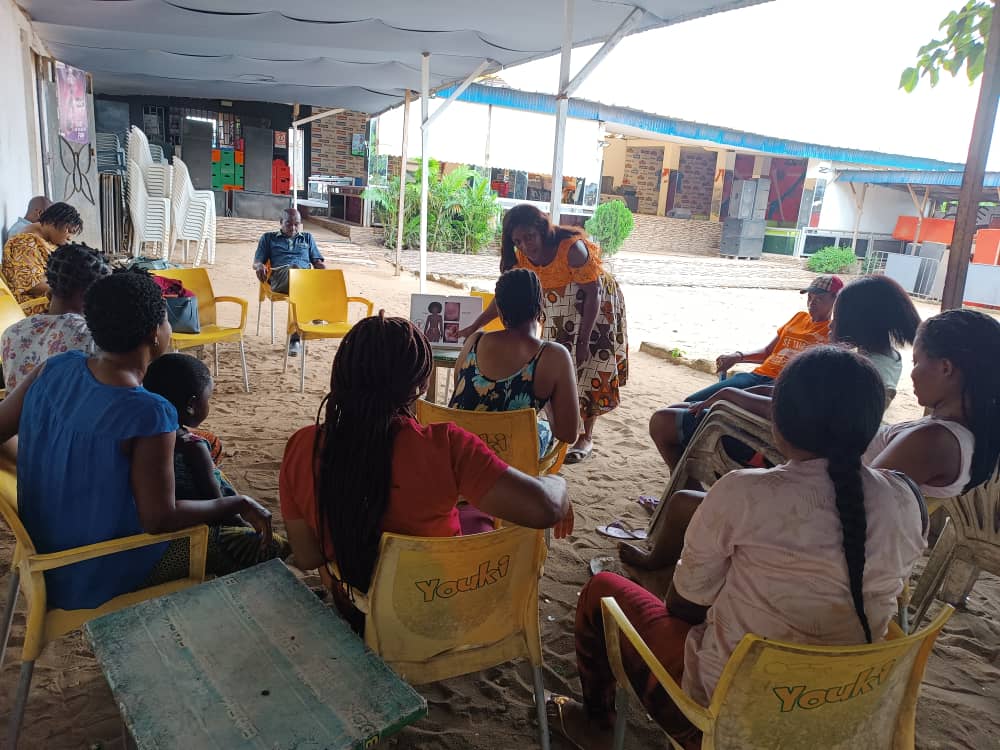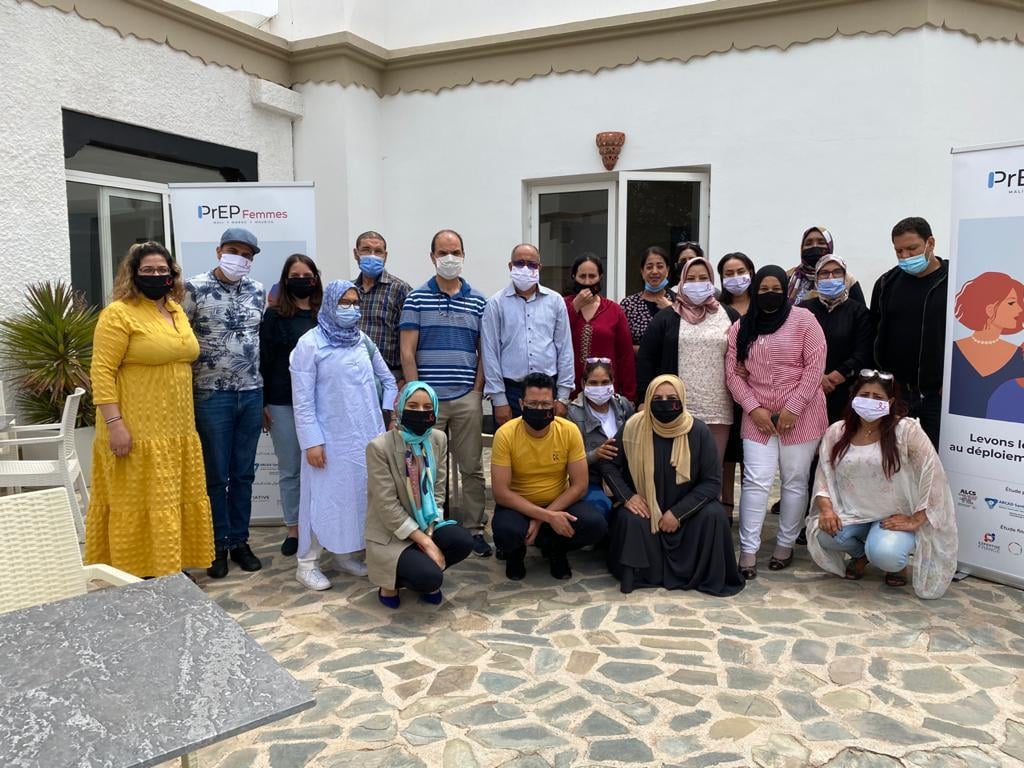This project aims to improve access to sexual and reproductive health (SRH) services for young girls, boys, and women affected or infected by HIV in Burundi and the Democratic Republic of Congo.
Context
Despite significant progress over the past decade in sub-Saharan Africa —particularly in HIV screening, access to treatment, and reducing new infections—many challenges remain, especially in the integrated management of co-infections, such as sexually transmitted infections (STIs), including human papillomavirus (HPV). Women living with HIV are six times more likely than HIV-negative women to develop cervical cancer due to HPV-related lesions.
Description
In Burundi and South Kivu, in the Democratic Republic of Congo, there had been no specific initiatives to prevent cervical cancer in people living with HIV/AIDS. Sidaction and its partners, the National Association for the Support of HIV-Positive People (ANSS) and SOS SIDA, are working to improve access to SRH services for young people and women living with or affected by HIV/AIDS, both in community-based and public health settings. The project is built on three key pillars:
- Strengthening the capacity of partner health facilities by training medical staff to better welcome and care for individuals seeking sexual health consultations;
- Empowering young people, their parents, and those living with HIV by improving their knowledge and ability to seek out SRH services, ensuring they are motivated to visit these centers;
- Facilitating the adoption and replication of successful activities at the national level by public health services.
Impact
This project emphasizes the integration of sexual health as a critical aspect of the overall health of HIV-positive individuals. It also seeks to raise awareness among adolescents, their parents, and healthcare teams about the importance of sexual health. Another goal is to challenge traditional gender roles and dismantle taboos surrounding sexuality. Lastly, by advocating and collaborating with public authorities, the project aims to persuade decision-makers and donors to incorporate expanded SRH services, including HPV prevention, into national healthcare systems.
